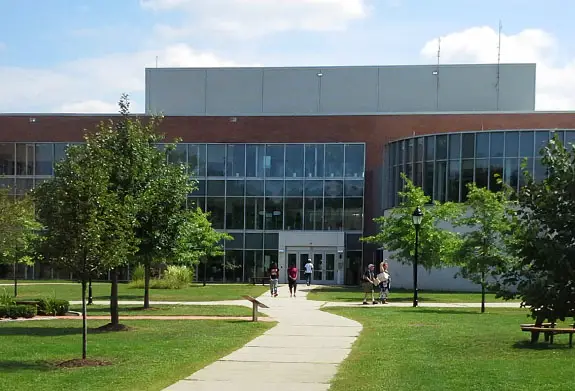New York-based Rockland Community College will soon enhance its college experience for students living with disabilities.
The college has partnered with the non-profit College Steps to implement a unique, individualized and peer-based model to help students living with autism, learning disabilities and developmental disabilities receive a college education.
“Our efforts complement the existing work of Rockland Community College and attract additional talented students interested in our model of support,” Lauren Merritt, College Steps co-founder and chief operating officer, said.
“We look forward to meeting new families, high schools, and community partners to collaboratively build sustainable and long-term options for transition-aged youth living with disabilities.”
Starting in the fall of 2019, students will work with trained peer mentors who are supported by an on-site program coordinator at Rockland Community College.
The new partnership aims to foster educational access, opportunity and equity for young adults living with social, communication, or learning challenges and to prepare them for meaningful careers after graduation.
ACT Sued for Sharing Disability Status of Students with Colleges



